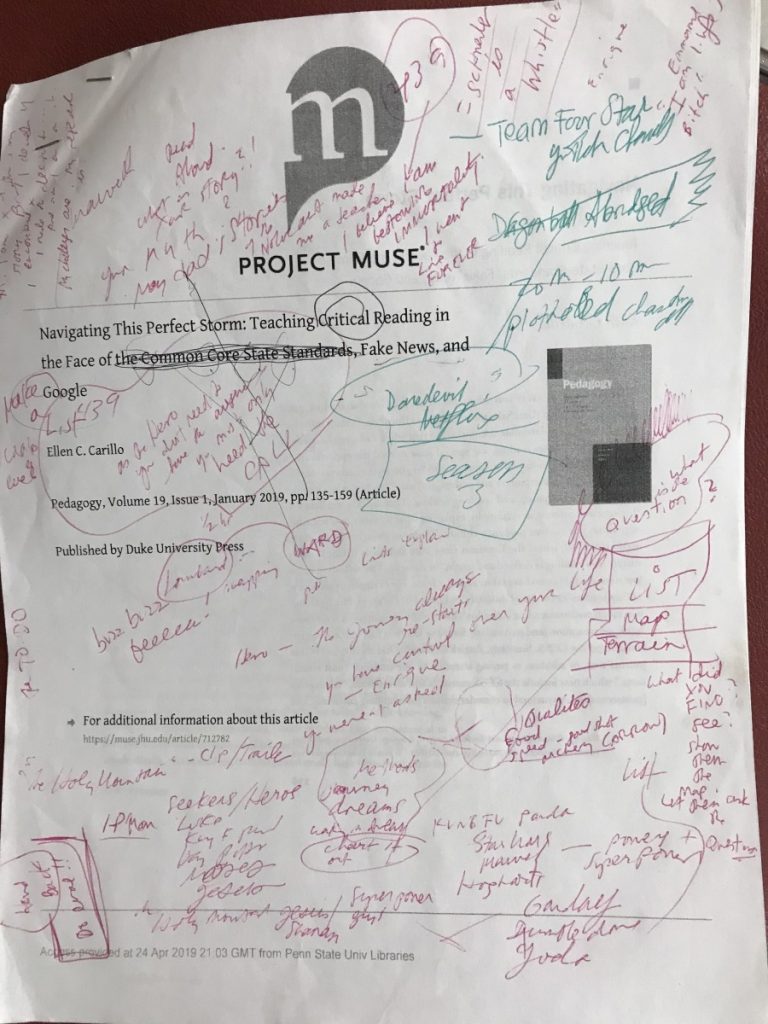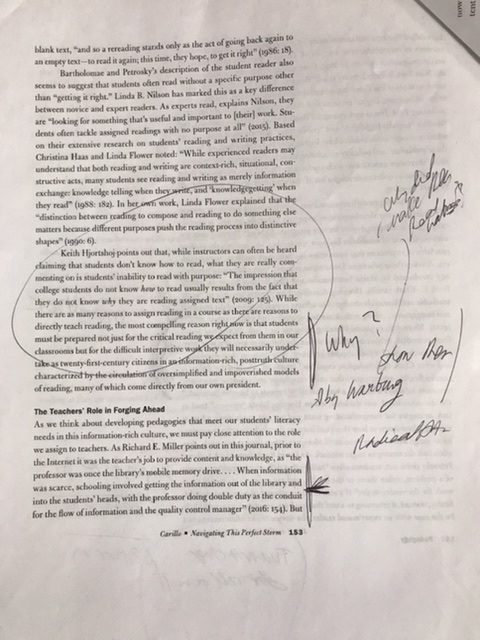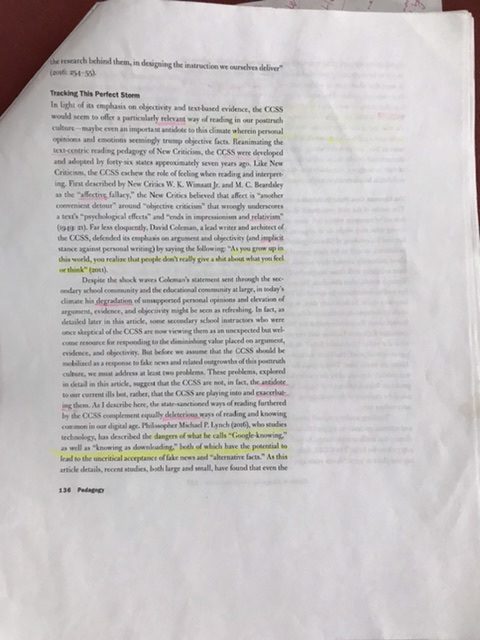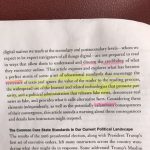please let me go home !!!! :((
Category: Uncategorized (Page 10 of 11)
Hi Class. Okay. Just because Last Christmas is not available for free doesn’t mean we can’t read those two reviews we discussed — in TheNYTIMES and The Guardian — and take out our pens and annotate and analyze them. I’ve also chosen another movie I’ve seen many times: The Third Man.
The reviews for Last Christmas are linked, above. And below here are three reviews for The Third Man:
Pick at least three reviews and analyze them as a whole. What do well-written movie reviews have in common? And why or how do the ones you read differ? Go into detail with at least one review and really break it down rhetorically. You should look to the template in the readings from the Bedford Book of Genres to get an idea for how to do this. Also, feel free to watch either movie — though I won’t require it.
Mar 4 is Journal Check Day. Bring in your Journals – this includes all the readings/handouts you have printed or received so far. Make sure your Journal is clearly labeled on the front with your name and section #.
By now you should have read the overviews of the UNITS and the assignments for UNIT 2 on our ASSIGNMENTS page. This will give you a good outline of the upcoming work! During class time on Wednesday, you can continue to work in your groups on your new “recipes” as well as on your movie review analyses and writings. Ask questions during class.
Pick one of your favorite movies. Tell us some brief info: when you first saw it; where; what made you like it.
Look it up on Wikipedia. Note important data on it including: who directed it? When it was released? The studio that released it; a few of its main stars.
In the “reference” section of the Wikipedia entry you will hopefully find at least one link to an important Review. Follow it and read it.
Bring In, Printed, To Class on Monday: three reviews of your movie. Try to include at least one that is negative. These three reviews should come from different authors and sources and should represent really different points of view.
You received the handout: Donald Murray, “Internal Revision.” (It is also available for download on our READINGS page.)
Read it, annotate it, and respond in your notebooks specifically to the points we outlined in class, as well as offer your own opinion on what he says.
You have some reading and reflecting assignments to complete before we meet on Monday. They will keep you thinking about the process of writing, the process of critiquing (and of learning from criticism), and of how we are mapping out our semester. When I ask you to write, I mean in your Notebook/Journal unless otherwise specified.
Go to our READINGS page and you will find a free pdf of Anne Lamott’s book Bird by Bird. The chapters on which we will be focusing are “Perfectionism” and “Shitty First Drafts.” Read both of them for next class and write short reflections on them in your notebook. What did you think of what she had to say? Do you agree? What has been your own experience in these areas? No length limit or minimum. Title this page in your notebook “Anne Lamott” and “Reflections” and the date. (You are certainly welcome to read the whole book, should you desire, but these are the chapters I am assigning.)
On Wednesday we discussed a few different ways of assessing grades on written papers. Please reflect in your notebook and tell me in at least 2 paragraphs minimum what your impressions were of the grading guidelines we discussed — ranging from the Departmental Guidelines to complete Student Self Assessment. Feel free to bring in your own ideas. Feel free to tell me how you were assessed in the past, and what you wish you could change. (You have a printout of the English Dept. Grading Guidelines which we read aloud in class; and my Standard Rubric is on the dropdown Gradings menu, above, directly under ASSIGNMENTS.)
Also for Wednesday, go to our ASSIGNMENTS page and familiarize yourself with what our learning plan is this semester. In particular, you should look at this document that gives you an Overview of this semester. Take a few moments to tell me in your notebook that you did read it.

Hi Class. Here is a photocopy — my personal photocopy to be exact — of a scholarly article that I might assign you to read soon. Messy, right?

That’s because I was reading it for me and no one else to see. Also, I was reading it for a reason: it was assigned to me by a committee of fellow educators, and I had to respond to their questions on my reactions to the article in a seminar: would I adopt it in my English course, and how, and why. Would I recommend it to other professors?
I decided later that I would use it in an English course. In fact, you may be reading it soon. So I re-read it a second time as a “student,” or how I thought a student might see it. Then, I highlighted different passages and aspects to help me talk to students:

…and I started to highlight words that might be useful vocabulary terms, phrases that I thought students might benefit from if they were skimming.
In short: I read “for.”
I am one person. And this is one article. But that doesn’t mean there is only one way to read.
I have read this article many times. Why? Because it changes depending on the things going on in my mind.
Reading isn’t static.
It’s active.
Like a flowing river.
Advice:
Never leave yourself at the door of a book. Always bring you. Bring your mind and your heart to everything you read.
Read with You. Read As you.
And then know for whom you toil.
Hi Class. Your personal Literacy Narrative is due Feb 19. Length: 700 words max. Format: double-spaced typed and printed. Your name, the course number and section number, my name, and the date all appear at the upper left of the first page. (Yes, this is standard MLA format. You can see The Little Seagull Handbook or any good Online guide like the Purdue OWL for examples.) We began discussing the content of this paper in our previous OpenLab post, so re-read this if you missed class or are unclear.
Also for Wednesday Feb 19: Now that you have researched the literal definition and personal significance of your name, please type up this information and submit it to me. Staple it to the front of or simply print it at the front of your Literacy Narrative. This “name” information does not count as part of your entire word count. It is simply informative, almost like a file entry, and you can make it as brief or lengthy as you like or need.
Also: Please give your literacy narrative an interesting title! Don’t simply call it “Literacy Narrative.” In our last class you received a handout that analyzes and goes into great depth on the genre of the Literacy Narrative. If English is not your first language, or if you feel at all lost, read this handout. Author Richard Rodriguez’ personal literacy narrative, From Hunger of Memory: The Education of Richard Rodriguez, is excerpted there.
Another note: paper lateness is no excuse for missing class! My late paper extension request policy is in our Syllabus. I pay close attention to attendance these days!
Enjoy the time off and I look forward to seeing you at our next class, Feb 19.
Two Things To Do For Monday, Feb 10: 1) Download, print and read Helen Keller’: “I Go Adventuring.” You will find the link on to our READINGS page. Circle any words you don’t know. We will pronounce them and discuss them in class. Also, in your notebooks, write a short reflection. What were some of the main and also most interesting points of the piece? Do you like the way she writes? How does her writing effect you? (The link to the other Helen Keller piece we need to read, on The Empire Building, isn’t working well, so I will give you a printout next class. Instead, I have some more short writing for you to do):
2) Look up your name in an etymological dictionary. Find out its LITERAL translation — what it means. Here is an example. I looked up the name “Richard” at etymonline and found that it means “strong in rule.” I want you to write the literal definition of your name. Also, write about why or how you got your name — what is its significance? Are you named for your grandfather? Did your parents have some reasons for naming you? Maybe Richard was named for a character in a book that his mom read when she was pregnant? Maybe he is named for an uncle who passed away? You get the idea.
Put all the above in your notebook.
Looking ahead: Our first major paper will be your personal Literacy Narrative. Your telling of your journey in how you learned to read and write. What sort of experiences you had. What sort of struggles you had. Who helped you along the way. You should start taking notes on this for yourself. Come to class with questions or insights. It will be due on Feb 19.
Hi class. For birthday class “homework” I only ask that you do one brief thing: Read/skim another literacy narrative that is on your READINGS page by Sandra Cisneros called “Only Daughter.” I will put a direct link here. If you can’t print it, I will have some for you.


